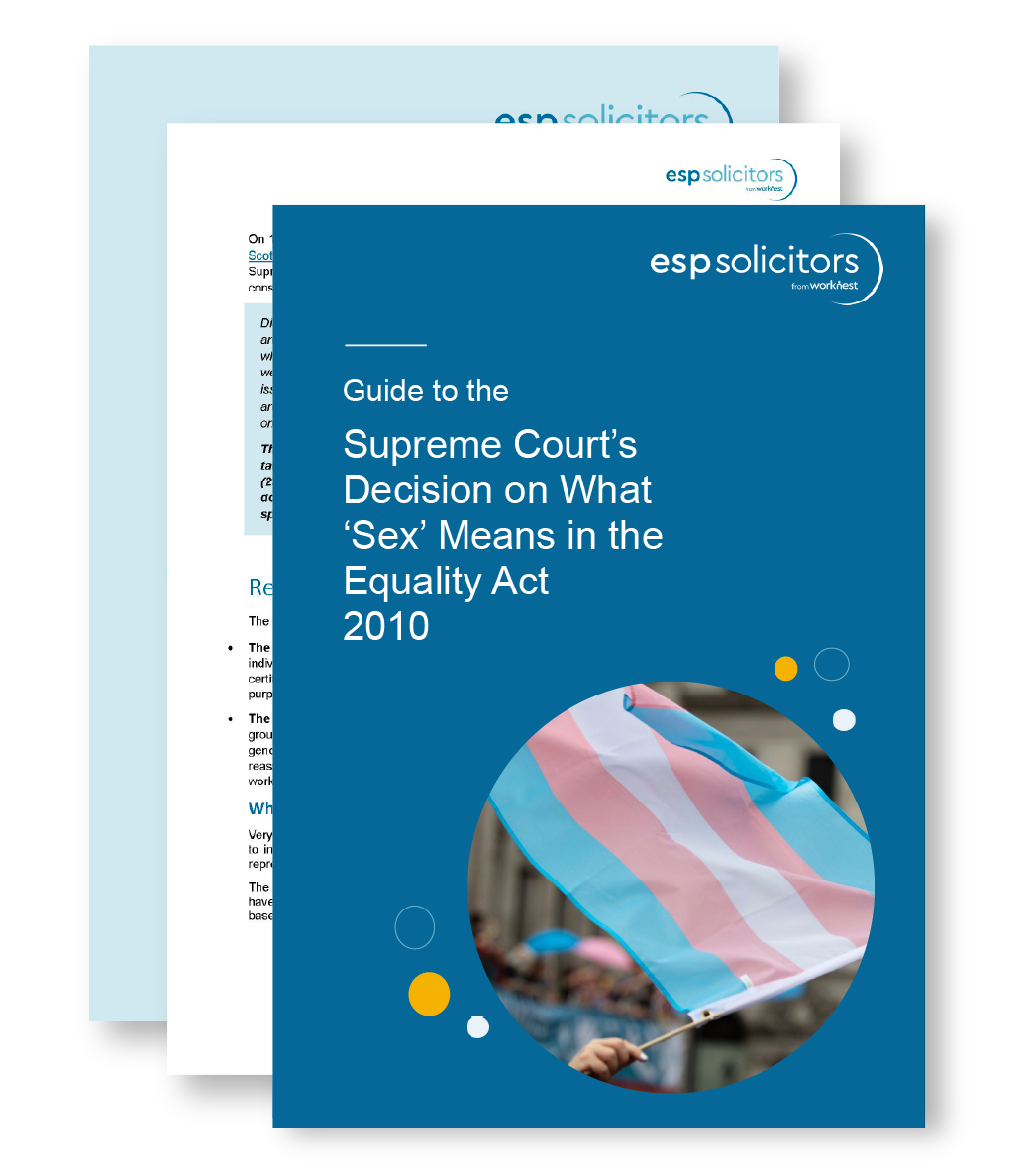What is the metaverse?
The metaverse is a network of connected virtual spaces or “worlds” with a focus on social interaction, often through the use of avatars. Many people will be familiar with the concept from online gaming, such as Fortnite, Roblox, or one of the original adopters, Second Life.
Experts estimate that by 2024 the metaverse may become an $800 billion marketplace, meaning such technology is likely to be adopted by businesses keen to find a new way to reach consumers. Facebook changed its company name to Meta which indicates its future metaverse-related vision, and other tech giants are all investing heavily in making the concept a reality.
Future and employment sphere
During the pandemic, businesses have had to adopt the use of technology at an accelerated pace to tackle hurdles posed by social distancing, lockdowns, working around children, and isolation. Employers may have found that with the increased use of tech, there have been new challenges to tackle with employees — especially where their interactions and performance are concerned.
Naturally, with further, more immersive technology on the cusp of becoming commonplace, there will be a risk of fresh employment issues emerging.
Some of the possibilities employers might want to consider include:
Discrimination and prejudice
With people able to choose how they look and represent themselves via avatars, this may raise issues of discrimination whereby individuals seek to identify with different genders, races, abilities and personalities. For example, will there be concerns raised in instances where an employee’s avatar portrays them as belonging to a marginalised group, when this is not the case in real life? Will more people seek to conform to whatever the prevailing “norm” is and will this limit diversity within the metaverse? How would an employer deal with their business brand whilst balancing their employees’ freedom to express themselves?
Conduct and reputation
In the metaverse, if someone is representing an organisation, the employer will want to ensure that nothing is done to damage the reputation of the company or bring it into disrepute. Social media misuse is already a tricky area for employers to manage and a move to interaction via avatars in a virtual world is likely to create more unusual circumstances that warrant potential disciplinary action.
Harassment
Anywhere that people interact is unfortunately a place where harassment is likely to arise. Inappropriate interactions in a virtual reality will have real life psychological effects and there are already reported incidents of people being touched inappropriately in their virtual lives. Developers will be continually trying to prevent such things happening but, in the meantime, employers need to be aware of this risk and consider how best to protect and support employees.
Blurred lines between employment and private lives
Employers will need to consider how employees maintain a good work-life balance if they are spending significant periods of the day in the metaverse for both employment and personal enjoyment. There may be health and safety implications that emerge with spending more time in a virtual reality, both for physical and mental health.
What to do
Tech developments continue at pace so employers will need to regularly consider whether their current policies and procedures reflect the business’s use of technology. Having good practices and regular training around problem areas such as conduct, harassment, and diversity is key in any business — whether or not those policies need to extend to the metaverse.
Finally, appointing a group of tech champions to lead by example with behaviour that is considered ‘on brand’ for the employer is also worth considering so that other employees know how to interact appropriately as the world and metaverse expands.




